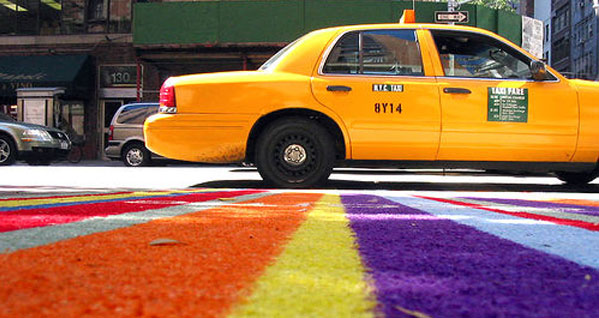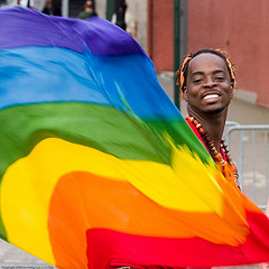First AIDS Generation Reunites to Discuss The Early Crisis Years in New York City May 9th
Hundreds
of New Yorkers who lived during the worst devastation of the AIDS
years, joined by leading educators and scientists, will come together in
a free panel discussion and town-hall meeting to discuss the unique
challenges they face as a group.
Titled “Is This My Beautiful Life? Perspectives From Survivors of the AIDS Generation,“
this first-ever community forum will take place on Thursday, May 9,
from 7-9 pm, in Mason Hall at Baruch College, 17 Lexington Avenue (enter
on 23rd Street). The space is wheelchair accessible. The
panel discussion will be followed by a public forum for attendees to
discuss their experiences, share their challenges and ask questions of
panelists.
The event is free but pre-registration is required at www.broadwaycares.org/life
. This town hall is particularly targeted at gay men in midlife,
whether HIV-positive or HIV-negative; all person living with HIV; former
and current AIDS activists, caregivers, and service providers; and New
Yorkers who lost friends, lovers, and colleagues to AIDS.
The evening will be hosted by the Tony Award-winning star of Angels in America,
Stephen Spinella. It will begin with short presentations by experts on
aging, activism, mental trauma, and chronic disease. The panel of
experts will be moderated by Dr. Perry N. Halkitis (Associate Dean for
Research and Doctoral Studies, Professor of Applied Psychology and
Public Health, NYU Steinhardt, Professor of Population Health, NYU
Langone School of Medicine and author of the soon-to-be-released book, The AIDS Generation: Stories of Survival and Resilience).
“As
the youngest of those people now enters middle age, it’s clear
that—like soldiers—the AIDS generation suffers even after its fight has
abated,” said event co-organizer John Voelcker. “Many members of the
group that fought the ravages of the epidemic, buried its brothers and
sisters, and endured a war that the rest of the world felt it could
ignore seem to suffer what may be something similar to post-traumatic
stress disorder (PTSD). Their depression rates are higher, they may
engage in unsafe sex, and a few of those with HIV inexplicably stop
taking the lifesaving anti-retroviral medications that saved their lives
15 years ago.”
REGISTER ONLINE
















Leave a Reply